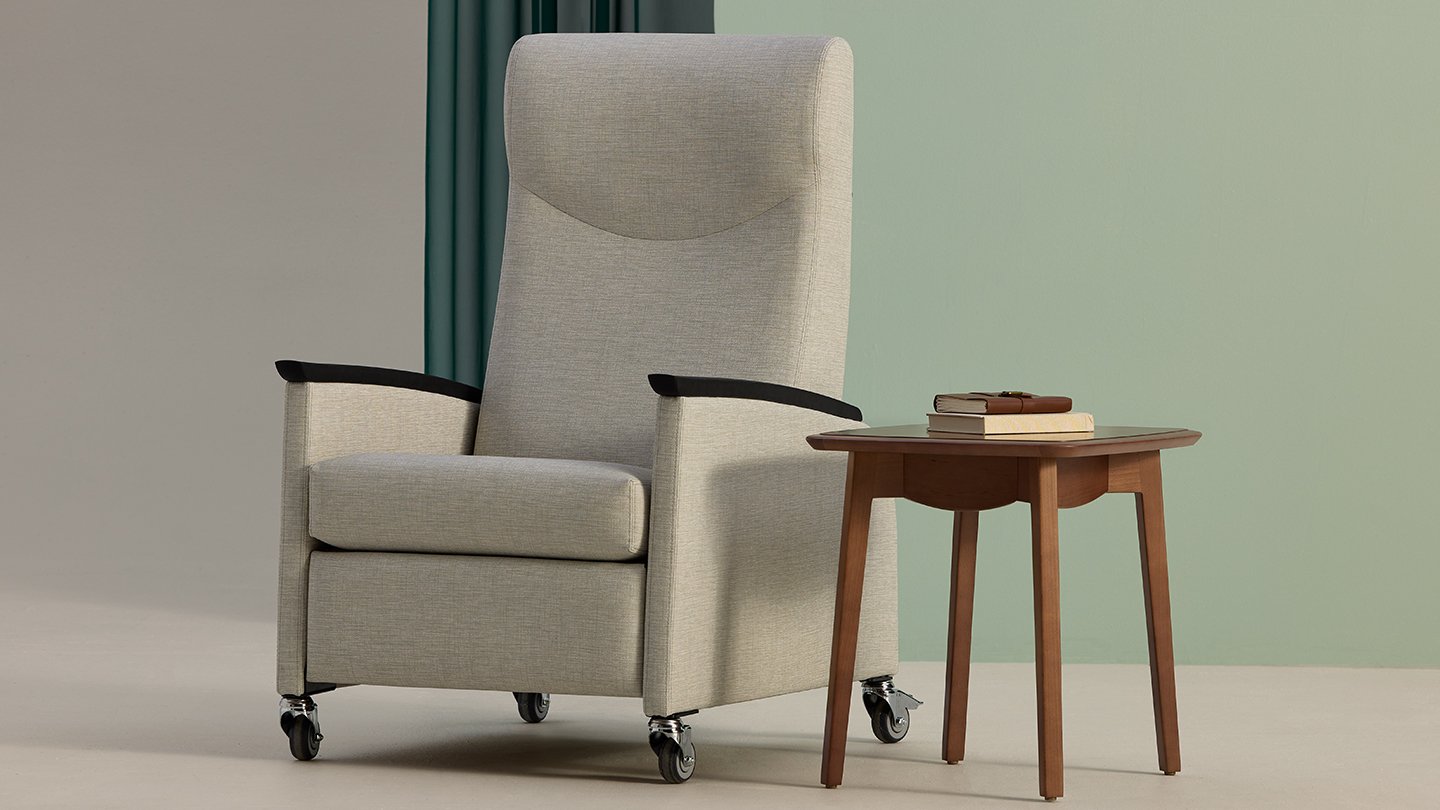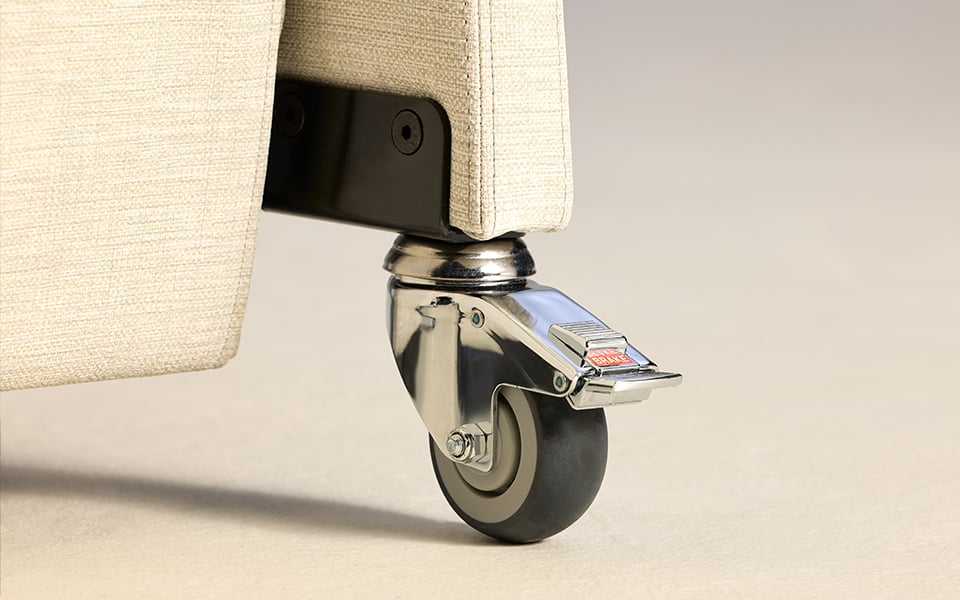- What's New
- Pricing & Purchasing
- Lead Times
- Literature & Samples
- Services & Warranties
- Careers
- Find a Rep
Explore Soltice Recliners


Where Comfort Meets Tradition
With a traditional, residential flair, Soltice recliners create a warm, welcoming atmosphere while maintaining comfort and ease of use. With various tablet arm styles, attachment options, and powered components, it’s the perfect choice for spaces that invite connection and relaxation in care spaces.
Key Features
 A
B
C
D
E
F
G
H
I
J
K
A
B
C
D
E
F
G
H
I
J
K
A Inviting Design
B Reclining Comfort
C Locking Casters
D Arm Caps
E Tablet Arms
F Soft-Touch Handles
G Powered Components
H Additional Attachments
I Material Options
J Durability
K Cleanability
Product Highlights



List Price Starts At
$4,156 – $7,166
Lead Time
6* Weeks
*For an order quantity greater than 25 units, please contact customer service for lead time.

